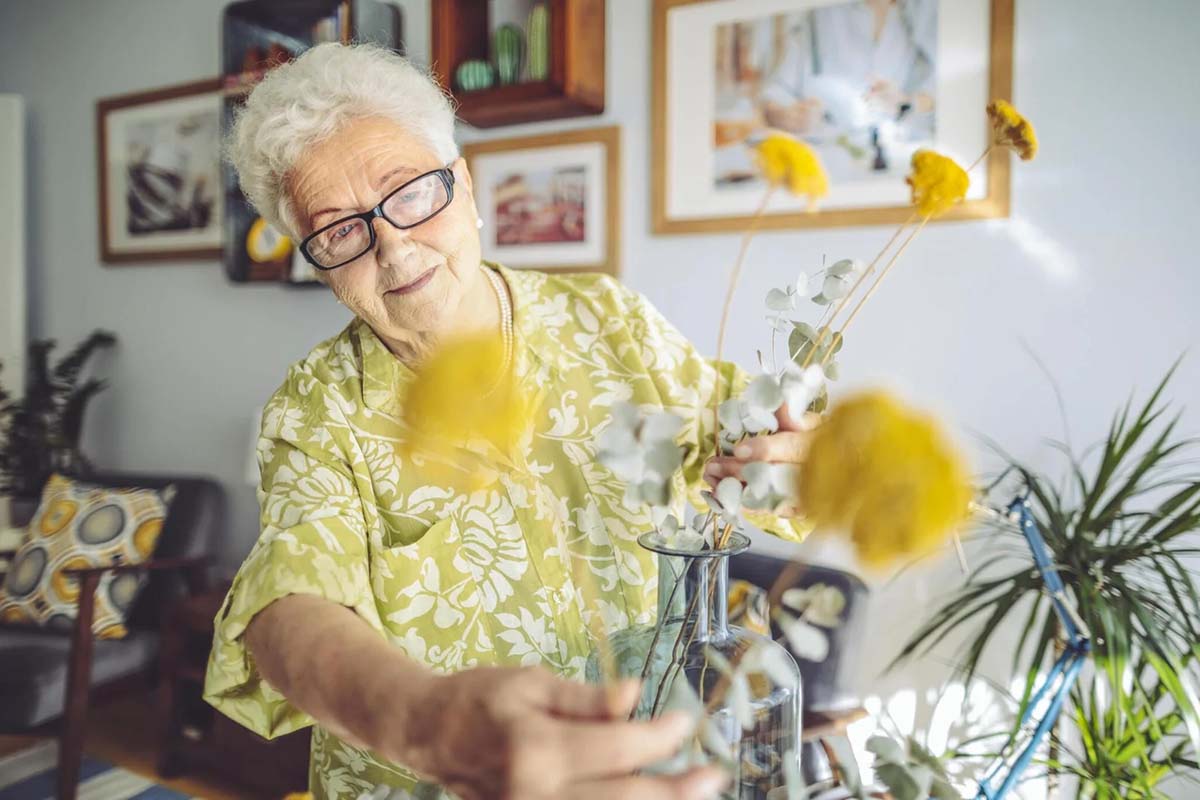As our loved ones age, it becomes our responsibility to ensure that they continue to live a fulfilling and high-quality life. This can often be a daunting task as we navigate the physical and emotional changes that come with old age. We need to prioritize the well-being of our elderly relatives and provide them with the support they need to maintain their independence and happiness.
Here, we will discuss practical tips on how you can ensure a quality life for your aging family members while also addressing common challenges faced by caregivers. Join us as we dive into practical strategies for providing the best care possible for your senior loved ones.

Opt for Residential Age Care
If you have a loved one who requires around-the-clock assistance and medical attention, you may want to consider residential age care facilities. These facilities provide a supportive aged care environment that prioritizes the safety and well-being of seniors. Especially if your elderly relative has complex care needs that you cannot address at home, residential age care can offer specialized care and support. Most importantly, these facilities promote social connections and engagement, which can help seniors feel more connected to others and improve their overall quality of life.
Maintain Regular Communication
It’s a fact that communication is essential in our lives, and this couldn’t be truer when maintaining relationships with our elderly relatives. Regular communication ensures that we stay updated on their well-being, physical and emotional changes, as well as any needs they may have. Make sure to schedule regular phone calls or visits and encourage other family members to do the same.
Know that communication is a two-way street: you need to actively listen and involve your elderly relative in conversations. This will be sure to make them feel valued, heard, and engaged — all important factors for a quality life.
Encourage Physical Activity
Encouraging your elderly relatives to engage in regular, gentle exercise can promote their physical health, improving strength, mobility, and balance, and reducing the risk of chronic diseases. Activities such as walking, swimming, or yoga can also have a positive effect on their mental health, reducing stress and promoting relaxation.
Engaging in physical activities also offers mental health benefits, including reducing feelings of depression and anxiety, and can improve cognitive function. The goal is to maintain their independence and improve their quality of life, so find an activity they enjoy and encourage them to stick with it.

Foster Social Connections
Social isolation can lead to feelings of loneliness and may contribute to cognitive decline, depression, and even physical ailments. As a caregiver, it’s essential to foster social connections for your elderly relatives. Encourage them to join community groups or participate in activities at their residential aged care facility. You can also plan regular outings and visits with family and friends.
If your loved one is unable to leave their home, consider arranging for virtual visits or connecting with them through other means such as phone calls or video chats. All humans, elderly relatives included, thrive on social interaction and connection.
Focus on Nutrition
With age, our nutritional needs change, and it’s important to ensure that our elderly relatives are getting the nutrients they need for optimal health. Encourage a well-balanced diet consisting of fruits, vegetables, lean proteins, and whole grains. If your relative has specific dietary restrictions or challenges with eating, consult with a healthcare professional for personalized nutrition advice.
In addition to a healthy diet, monitor fluid intake and encourage hydration throughout the day. Dehydration can lead to various health issues in seniors: from increased fall risk to urinary tract infections. Make sure to provide easy access to water and other fluids, and remind your loved one to drink frequently.
Adapt the Living Environment
Our living environment may no longer be suitable for our changing needs. Caregivers must evaluate the safety and accessibility of their elderly relative’s home. Simple modifications such as installing grab bars in the bathroom or removing trip hazards can go a long way in preventing falls and promoting independence.
Consider investing in assistive devices that can make daily tasks easier and safer for your loved one. This can include things like a walker, a teacher, or a shower chair. Consult with a healthcare professional or occupational therapist for personalized recommendations.
Respect Their Independence
While it might seem challenging to balance their need for assistance with their desire for autonomy, it’s essential to involve them in decisions regarding their care and daily living. This means seeking their input on choices about their living arrangements, healthcare plans, and daily activities. Empowering them to have a say reinforces their sense of control and dignity.
Even teaching and encouraging the use of technology can further enhance their independence, allowing them to stay connected with family and friends, manage appointments, and access entertainment.
Caring for our elderly relatives embodies a profound expression of love and respect: ensuring their quality of life as they age. By following these tips and finding the right balance between assistance and autonomy, you can promote a fulfilling life for your loved ones in their golden years. Remember to take care of yourself as well: seek support from family and friends or consider joining a caregiver support group to reduce stress and maintain your own well-being. Together, we can ensure a high-quality life for our aging relatives.








